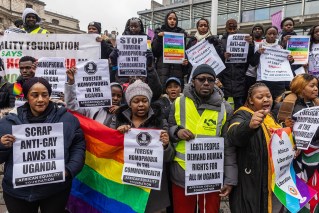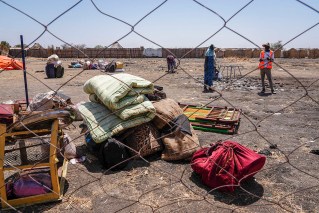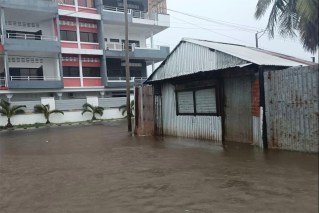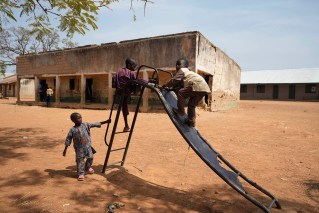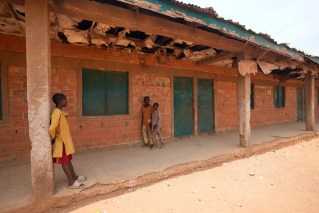Haitians left hungry and homeless by a devastating earthquake have swarmed relief trucks and in some cases stolen desperately needed goods as leaders of the poor Caribbean nation struggle to coordinate aid.
The attacks on relief shipments on Friday illustrate the rising frustration of those left homeless after the August 14 magnitude 7.2 earthquake, which killed almost 2200 people, injured more than 12,000 and destroyed or damaged more than 100,000 homes.
The frustration over the pace of aid has been rising for days and illustrated by the growing number of people crowding together at aid distribution sites. But Friday was the first time there was such widespread stealing.
Complicating matters, officials began restricting access to the bridge connecting Les Cayes to the small, quake-impacted port city of Jeremie, meaning aid distribution had to be delivered there by boat or plane.
The quake wiped out many of the sources of food and income that the poor depend on for survival in Haiti, which is already struggling with the coronavirus, gang violence and the July 7 assassination of President Jovenel Moise. Most of the devastation happened in Haiti’s already impoverished southwestern region.
Pressure for coordinated aid efforts mounted this week as more bodies were pulled from the rubble and the injured continued to arrive from remote areas in search of medical care.
International aid workers on the ground said hospitals in the areas worst hit by the quake are mostly incapacitated and that there is a desperate need for medical equipment.
Prime Minister Ariel Henry on Friday asked international governments and aid groups to funnel all of their donations through the country’s civil protection agency, “which will specify the needs of each town, each village and each remote area not yet attended.”
Henry said earlier this week that his administration will work to not “repeat history on the mismanagement and coordination of aid,” a reference to the chaos that followed the country’s devastating 2010 earthquake, when the government was accused of not getting all of the money raised by donors to the people who needed it.
Mohammed said doing things differently this time “will require investing in long-term development and supporting government leadership”.
The Core Group, a coalition of key international diplomats from the United States and other nations that monitors Haiti, said in a statement on Wednesday that its members are “resolutely committed to working alongside national and local authorities to ensure that impacted people and areas receive adequate assistance as soon as possible”.




